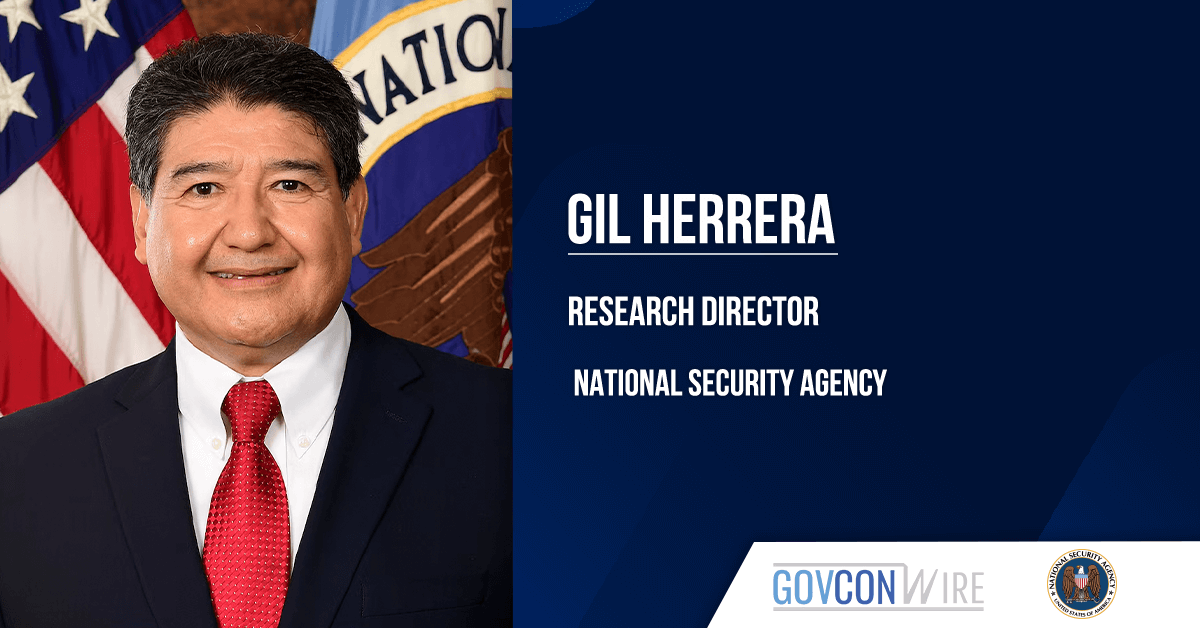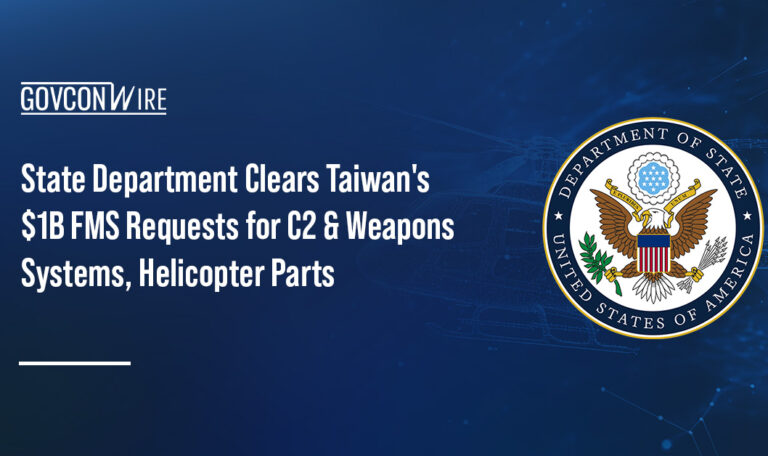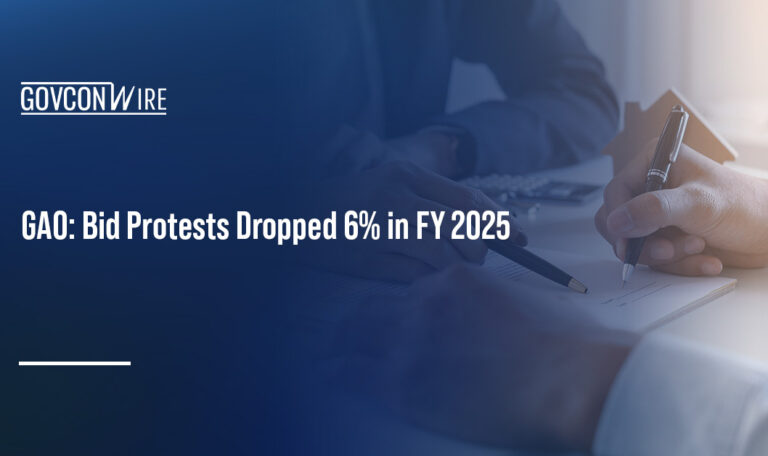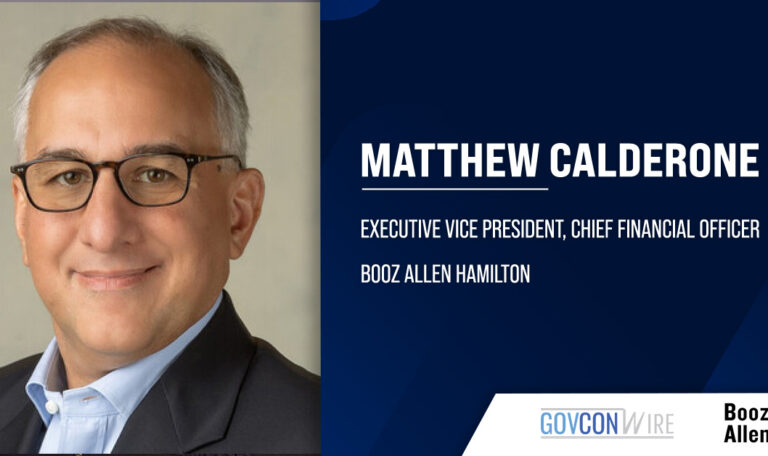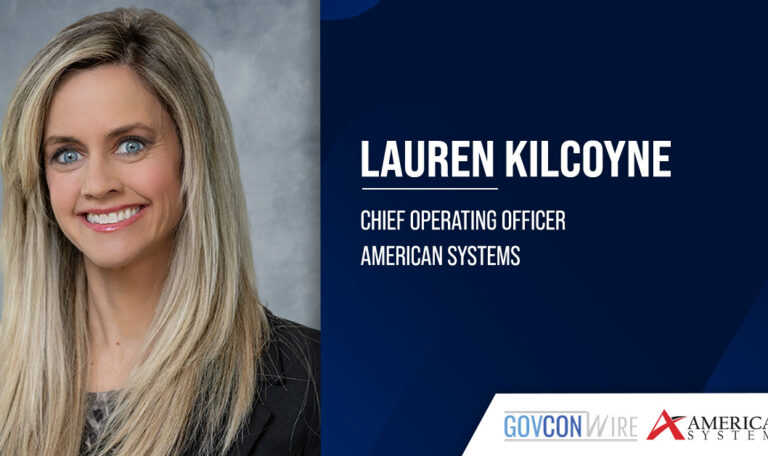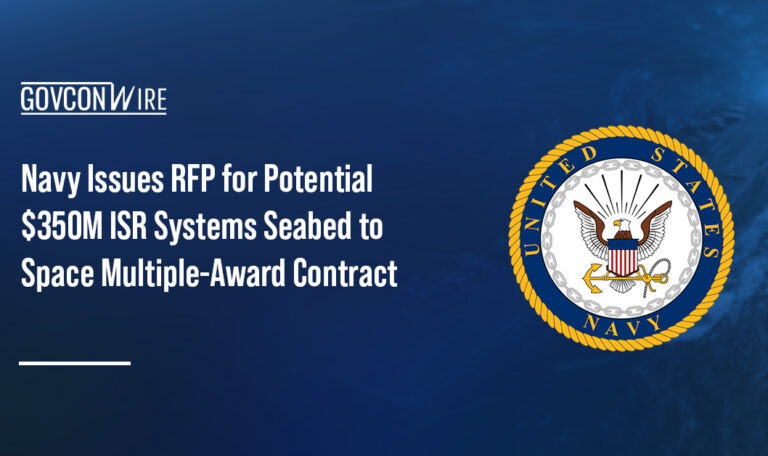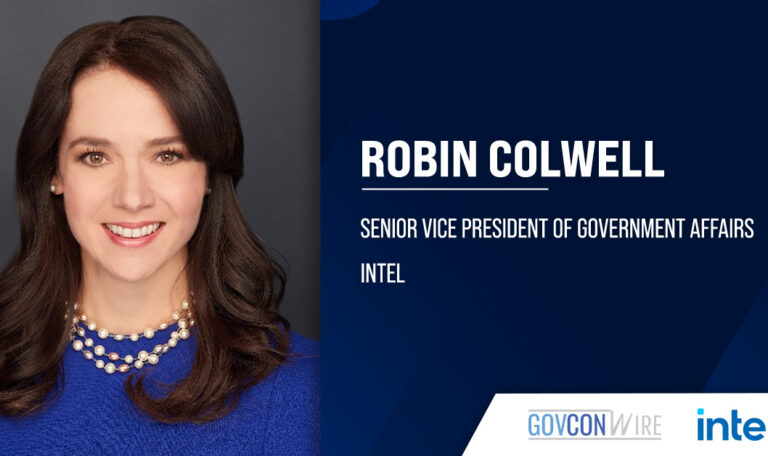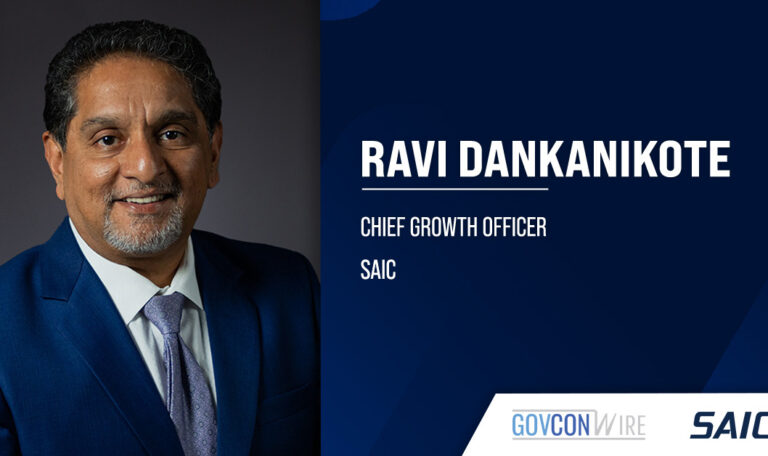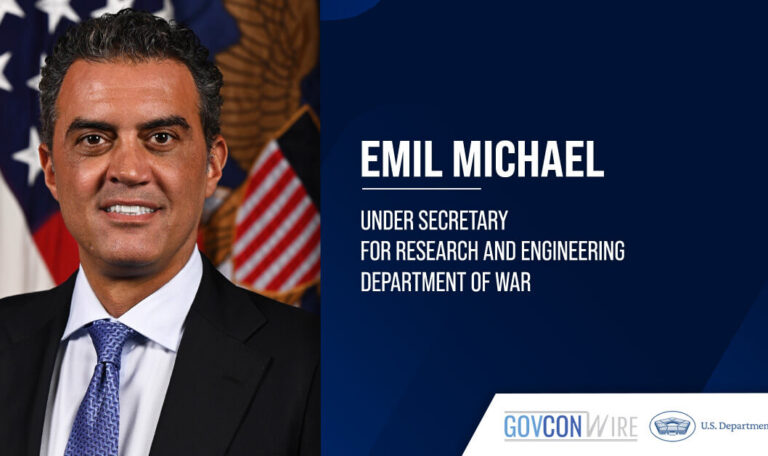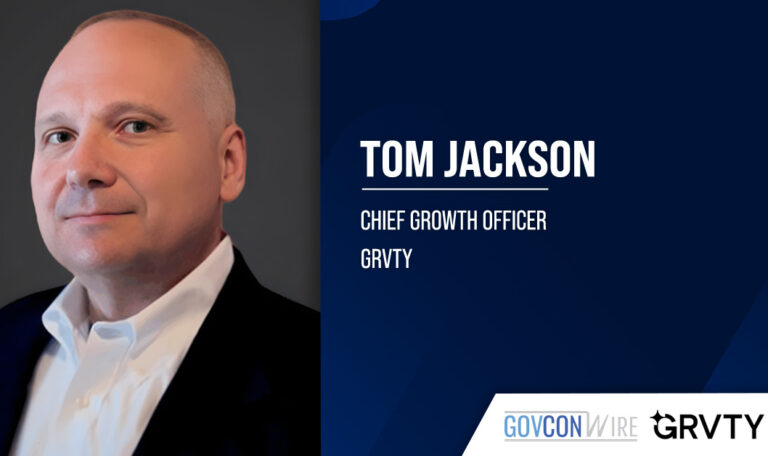There’s a common understanding at this point that quantum computing is ungraspable to the layman and possibly even to scientific experts. This very publication has spoken to leading minds in the field who admit that it’s difficult to pin down, its essence not able to be communicated sufficiently. Gil Herrera, research director at the National Security Agency, can communicate about the subject to the public better than most, but he also approaches the technology with wariness and caution.
During Q4 last year, The Washington Times reported that Herrera said harnessing the power of a quantum computer could be a huge benefit to the U.S. government and also have disastrous effects on the global economy, among other potential impacts.

Herrera will bring his immense technological expertise and winning oratory skills to the Potomac Officers Club stage at the 2025 Defense R&D Summit. The NSA research director will ignite the event with an opening keynote address. Don’t miss his insightful speech and the chance to ask him a question about quantum, AI or any other hot topic—register for the Jan. 23 event today.
Benefits of a Quantum Computer
Herrera said that if the government unlocks the power of a functional quantum computer, it could possibly “cut world energy consumption, make energy storage more efficient and expedite drug discovery.”
Energy consumption in particular could see a huge reduction due to quantum computer usage — they could be applied to produce ammonium nitrate fertilizers that currently occupy one to two percent of energy needs on Earth.
Downsides of a Quantum Computer
One of its other primary usages would be decryption, but this is where the problems start to set in, because in the wrong hands, quantum computers’ ability to handily disarm any digital defense, protected account, or classified message could prove extremely damaging to American national security or even world order.
“It also has the potential to wreck the world economy and place government networks at risk. In the worst-case scenario, a quantum computer could be an economic weapon of mass destruction,” Herrera warned.
But he told MIT Technology Review that the “great power competition drives the agenda” for the NSA and the DOD’s tech development, and quantum is seen as being a key differentiator when sized up against other nations.
“As we work to mitigate the threats posed by quantum computing, we must preserve the global nature of scientific exploration and enable quantum information science companies to mature quantum technologies as rapidly as possible to the benefit of humanity,” the NSA leader stated.
Timeline for Quantum Computers as a Reality
Herrera attests that a quantum computer is somewhat far from seeing the light of day in the U.S. government — he says he was involved in a planning meeting with a group of top scientists over two decades ago at Los Alamos National Laboratory, the resulting benchmarks and goals of which have not been met.
“Other road maps have been created before and since, with projections made that were similarly optimistic. Creating a large quantum computer is a daunting task, and it is difficult to predict when progress will be made,” he relayed.
Herrera will touch on quantum computing as well as discuss what NSA is focusing on in its research efforts at the Potomac Officers Club’s 2025 Defense R&D Summit on Jan. 23. Browse the full lineup of Department of Defense top minds and secure your spot at this first-rate GovCon networking event.


